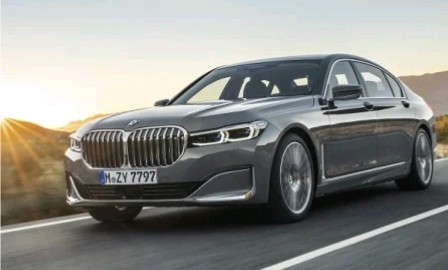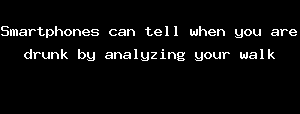profile/6767IMG_20200905_152119_041.jpg
Bobby007

BMW Cars Going Electric
~1.0 mins read
The BMW Group empire, which also includes MINI and Rolls-Royce, is planning to have 25 electrified models in its portfolio by 2023, cutting its average fleet emissions by over a third. About half of these are expected to be fully electric models, with most cars designed to accommodate a range of powertrains.
The National Automotive Design and Development Council (NADDC) needs to rise to this challenge as many automakers are embracing electrified models.
If the vision of the NADDC is aimed at transforming Nigeria into a modern industrialised nation, then its Director-General Jelani Aliyu, should be working on how the country would not be left behind.
An electric version of the next BMW 7 Series has already been confirmed, and now a camouflaged prototype model has been spotted during its development phase. The 7 Series EV may be called the BMW i7 and could be available for order it in 2022. There’ll also be an electric Jaguar XJ, plus a Mercedes S-Class-sized car called the Mercedes EQS.
The prototype i7 looks to have low-set headlights, but it’s hard to know how much is hidden by the disguise. The next-generation 7 Series will have supersized grilles, although they’ll be blanked off on the i7. At the rear, the design looks more stepped than the current car. This prototype appears to be a long-wheelbase model, which will be sold alongside a standard version.
profile/6767IMG_20200905_152119_041.jpg
Bobby007

Smartphones Can Tell When You Are Drunk By Analyzing Your Walk
~1.7 mins read
Having real-time information about alcohol intoxication could be important for helping people reduce alcohol consumption, preventing drinking and driving or alerting a sponsor for someone in treatment, according to lead researcher Brian Suffoletto, M.D., who was with the University of Pittsburgh School of Medicine when the research was conducted and is now with Stanford University School of Medicine's Department of Emergency Medicine.
"We have powerful sensors we carry around with us wherever we go," Suffoletto says. "We need to learn how to use them to best serve public health."
But for Suffoletto, this research is much more than academic. "I lost a close friend to a drinking and driving crash in college," he says. "And as an emergency physician, I have taken care of scores of adults with injuries related to acute alcohol intoxication. Because of this, I have dedicated the past 10 years to testing digital interventions to prevent deaths and injury related to excessive alcohol consumption."
For the study, Suffoletto and colleagues recruited 22 adults ages 21 to 43. Volunteers came to a lab and received a mixed drink with enough vodka to produce a breath alcohol concentration of .20 percent. They had one hour to finish the alcohol.
Then hourly for seven hours, participants had their breath alcohol concentration analyzed and performed a walking task. For this task, researchers placed a smartphone on each participant's lower back, secured with an elastic belt. Participants walked a straight line for 10 steps, turned around, and walked back 10 steps.
The smartphones measured acceleration and mediolateral (side to side), vertical (up and down) and anteroposterior (forward and backward) movements while the participants walked.
About 90 percent of the time, the researchers were able to use changes in gait to identify when participants' breath alcohol concentration exceeded .08 percent, the legal limit for driving in the United States.
"This controlled lab study shows that our phones can be useful to identify 'signatures' of functional impairments related to alcohol," Suffoletto says.
Although placing the smartphone on the lower back does not reflect how people carry their cell phones in real life, the research group plans to conduct additional research while people carry phones in their hands and in their pockets.
And although it was a small investigation, the researchers write that this is a "proof-of-concept study" that "provides a foundation for future research on using smartphones to remotely detect alcohol-related impairments."
Advertisement

Link socials
Matches
Loading...
